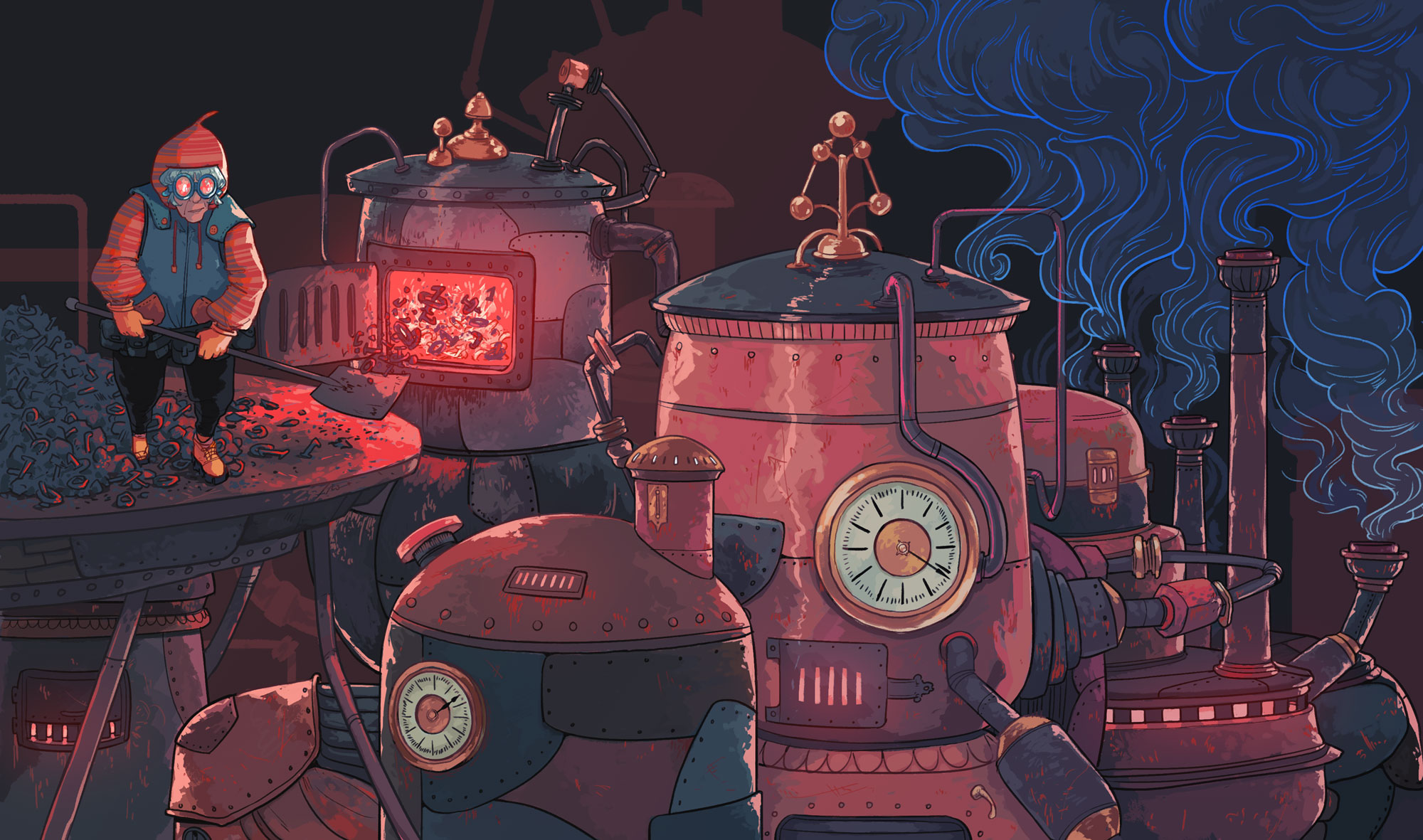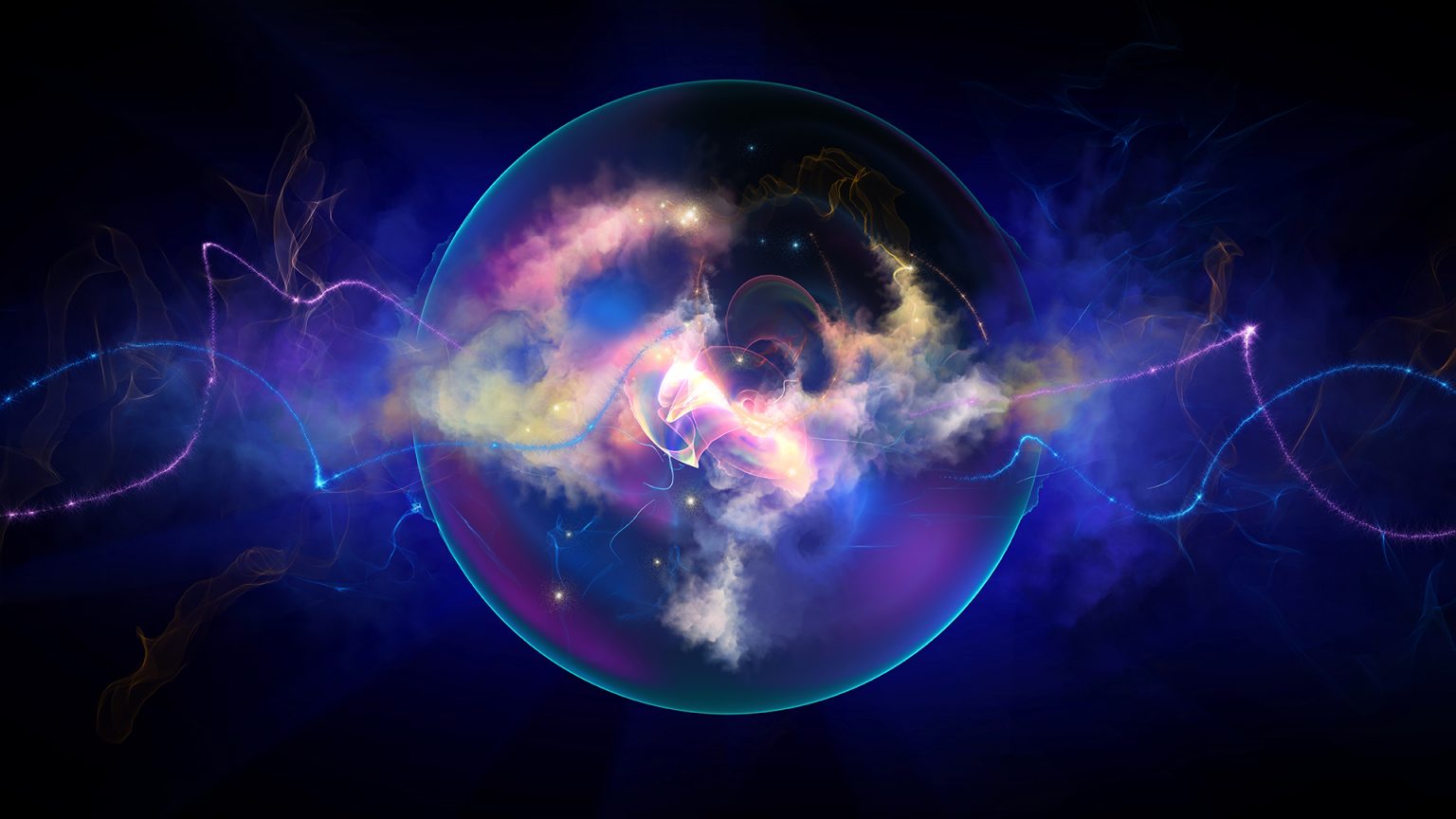S. Charaborty, S. Das, A. Ghorui, S. Hazra, U. Singh, "Sample Complexity of Black Box Work Extraction", arXiv:2412.02673.
S. Bhattacharyya, U. Singh, A. Sengupta, "Tipping points in fitness landscape of heterogeneous populations", arXiv:2410.17791.
U. Singh, A. Sawicki, J. K. Korbicz, "Pointer States in the Born-Markov Approximation", Phys. Rev. Lett. 132, 030203 (2024) [arXiv:2212.09790].
U. Singh, J. K. Korbicz, N. J. Cerf, "Gaussian work extraction from random Gaussian states is nearly impossible", Phys. Rev. Res. 5, L032010 (2023) [arXiv:2212.03492].
A. S. Arora, A. Coladangelo, M. Coudron, A. Gheorghiu, U. Singh, H. Waldner, "Quantum Depth in the Random Oracle Model", Proceedings of the 55th Annual ACM Symposium on Theory of Computing, 1111-1124 (2023)[arXiv:2210.06454].
See All Publications



